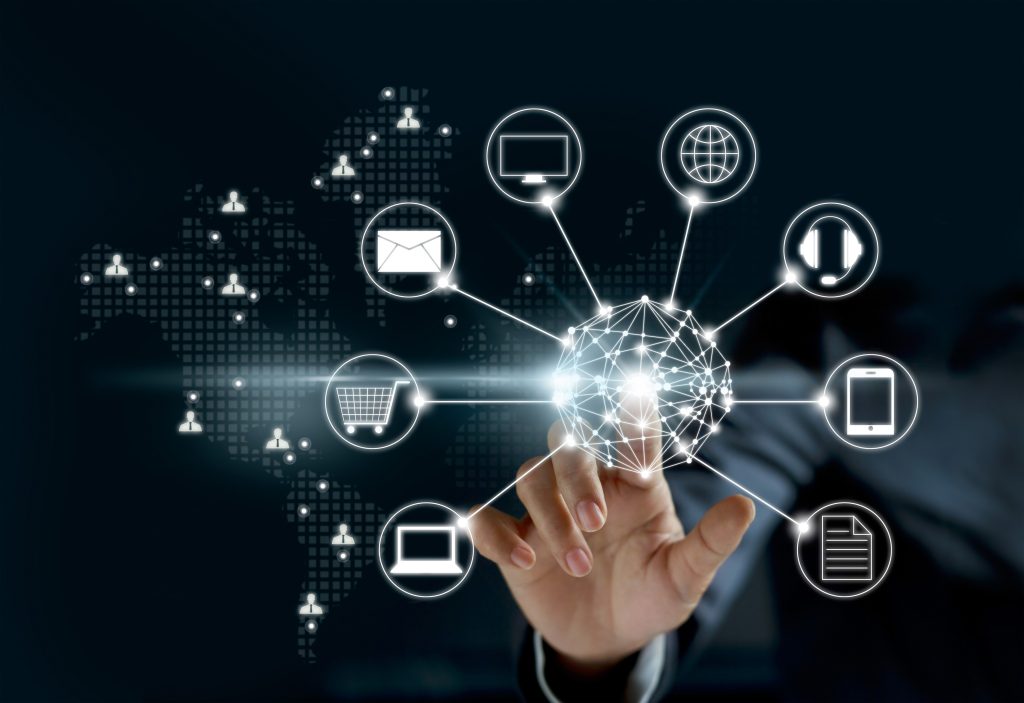
In an era marked by rapid technological advancements, traditional business models are undergoing significant transformations. The integration of cutting-edge technologies is reshaping industries, altering consumer behavior, and redefining competitive landscapes. From retail to manufacturing, businesses are leveraging technology to enhance efficiency, improve customer experiences, and drive innovation. Michael Shvartsman, an owner of Rocket One Capital, expresses his expert opinion below.
One of the most evident impacts of technology on traditional business models is the shift towards digital platforms. E-commerce has revolutionized the retail sector, enabling businesses to reach a global audience and operate 24/7. Brick-and-mortar stores are now complemented by robust online presence, offering consumers the convenience of shopping from anywhere at any time. This digital shift has also introduced data analytics, allowing businesses to gain insights into consumer preferences and tailor their offerings accordingly.
In the realm of manufacturing, technology has introduced automation and smart manufacturing processes. The advent of Industry 4.0, characterized by the Internet of Things (IoT), artificial intelligence (AI), and robotics, has optimized production lines, reduced operational costs, and increased overall efficiency. Traditional assembly lines are now integrated with sensors and AI-driven systems that enable predictive maintenance, quality control, and real-time monitoring.
The financial sector has also experienced profound changes due to technological advancements. Fintech innovations, such as blockchain and digital payment systems, have streamlined financial transactions, reduced fraud, and increased transparency. Traditional banks are now embracing digital banking services, offering customers seamless and secure online banking experiences.
Healthcare is another industry significantly impacted by technology. Telemedicine, wearable health devices, and AI-driven diagnostics have revolutionized patient care. These technologies enable:
- remote consultations,
- continuous health monitoring,
- and personalized treatment plans, making healthcare more accessible and efficient.
Despite these advancements, the integration of technology into traditional business models poses certain challenges. Businesses must navigate issues related to cybersecurity, data privacy, and the need for continuous technological upgrades. Additionally, there is a growing need for upskilling the workforce to adapt to new technological demands.
Expert Opinion by Michael Shvartsman.
Michael Shvartsman, a seasoned investor and business strategist, shares his insights on the impact of technology on traditional business models:
“Technology has undoubtedly transformed the way businesses operate, creating both opportunities and challenges. The key is to embrace these changes and leverage technology to drive innovation and growth. Businesses that adapt to the digital landscape, invest in new technologies, and prioritize cybersecurity will be better positioned to thrive in this evolving environment.”
Michael Shvartsman further adds, “It’s important for businesses to foster a culture of continuous learning and upskilling. As technology evolves, so should the skills of the workforce. This adaptability is essential for maintaining a competitive edge and ensuring long-term success.”
The impact of technology on traditional business models is undeniable. Businesses that adapt to these changes and harness the potential of technology are likely to achieve sustained growth and success. “As industries continue to evolve, the ability to integrate technology effectively will be a defining factor in the future of business,” concludes Michael Shvartsman.

